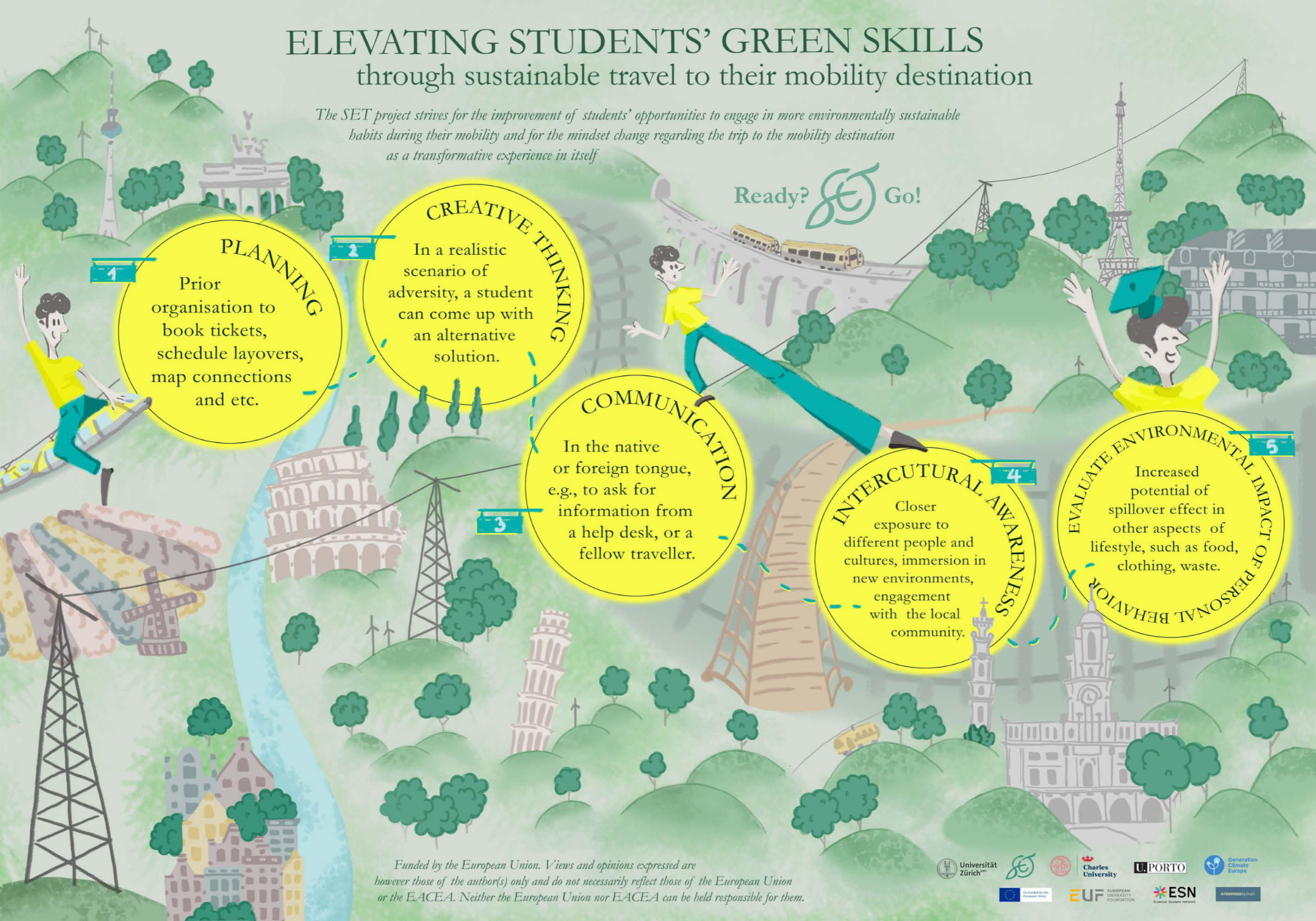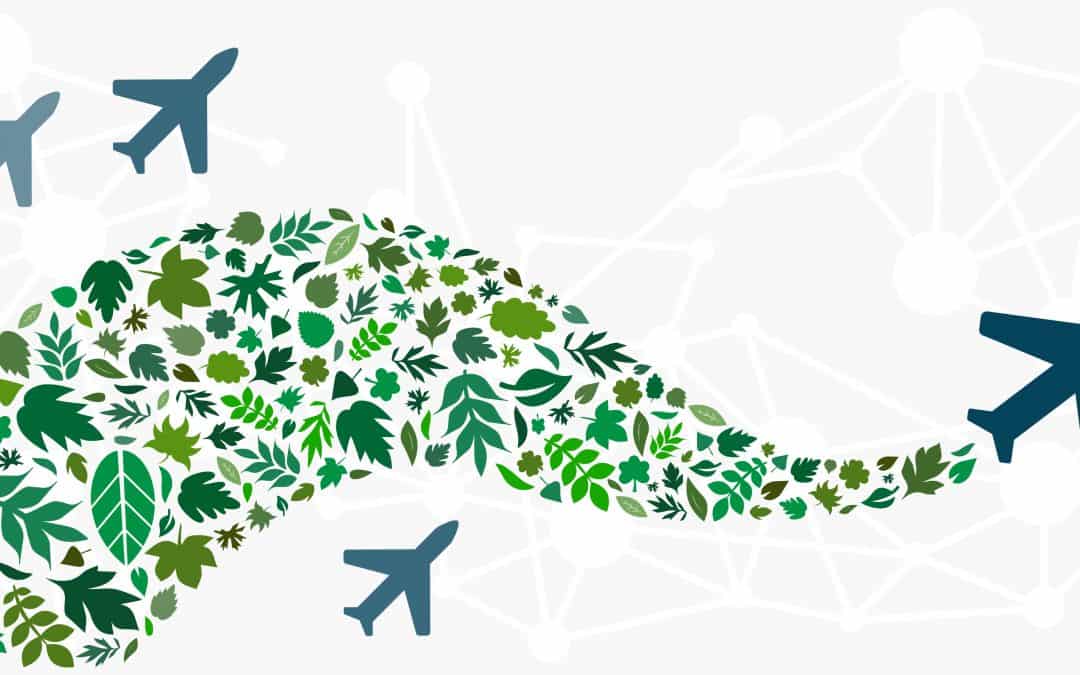Sustainable Travel Making a Difference on Your Trip
Choosing Sustainable Transportation
The biggest impact you can make on your trip’s sustainability is often in how you get there. Flying, while incredibly convenient, has a significant carbon footprint. Consider alternative options like trains, buses, or even cycling or hiking if your destination allows. Trains are often a much more scenic and relaxing way to travel, and they significantly reduce your carbon emissions compared to flying. If you must fly, look into carbon offsetting programs to help compensate for your emissions, but remember that this is a supplement, not a replacement, for choosing more sustainable travel options whenever possible. Carpooling or using ride-sharing services can also be better than driving alone.
Eco-Friendly Accommodation
Where you stay matters too. Look for hotels and guesthouses with strong sustainability certifications or those actively committed to environmental practices. This could mean things like using renewable energy sources, implementing water conservation measures, reducing waste through recycling programs, and sourcing food locally. Consider staying in eco-lodges or homestays, which often support local communities and have a smaller environmental impact than large hotel chains. Supporting businesses committed to sustainability ensures that your travel dollars contribute to positive change.

Reducing Your Waste
Minimizing waste is crucial for sustainable travel. Pack a reusable water bottle to avoid buying single-use plastic bottles. Bring your own reusable coffee cup, shopping bag, and cutlery to reduce waste at restaurants and cafes. Say no to single-use plastics whenever possible. Many hotels now offer amenities in refillable containers or dispense them in bulk. Be mindful of your consumption and dispose of your waste responsibly, following local guidelines for recycling and waste separation.
Supporting Local Communities and Businesses
Sustainable travel goes hand-in-hand with supporting local communities. Instead of patronizing large international chains, prioritize local restaurants, shops, and tour operators. This helps keep money within the community, boosting the local economy and preserving local culture. Choosing locally owned businesses often means supporting smaller operations with more sustainable practices and a greater commitment to their environmental and social impact. Engage with the local culture respectfully and learn about their customs and traditions.
Respecting Wildlife and Natural Environments
If you’re visiting natural areas, remember to tread lightly. Stick to marked trails, avoid disturbing wildlife, and leave no trace behind. This means packing out everything you pack in, minimizing your impact on the environment, and respecting the natural habitat of the animals and plants you encounter. Consider visiting national parks and protected areas, which often have strict regulations designed to protect the environment. Support organizations working to conserve wildlife and protect natural habitats.
Mindful Consumption
Sustainable travel isn’t just about the big things; it’s about the little choices you make every day. Be mindful of your water and energy consumption. Turn off lights and air conditioning when you leave your room. Take shorter showers to conserve water. Choose experiences that minimize environmental impact, such as walking tours or bike rentals instead of using taxis or tour buses that contribute to air pollution. Being conscious of your everyday choices can make a surprising difference in your overall impact.
Offsetting Your Carbon Footprint
Even with careful planning, some emissions are unavoidable. Consider offsetting your carbon footprint by investing in reputable carbon offsetting projects. These projects invest in initiatives that reduce greenhouse gas emissions, such as reforestation or renewable energy development. Research different organizations thoroughly to ensure they are credible and transparent about how they use the funds. Remember that carbon offsetting should be considered a complement to, not a replacement for, reducing your emissions in the first place.
Planning Ahead for a Greener Trip
The key to sustainable travel is planning. Research your destination and the eco-friendly options available before you go. Look for resources and guides that highlight sustainable tourism initiatives and businesses. Pack light to reduce the weight and fuel consumption of transportation. The more prepared you are, the easier it will be to make responsible choices throughout your trip. Consider making a list of eco-friendly alternatives to common travel activities, to ensure you’re prepared for any situation. Read also about sustainable travel planning.
Eco-Travel Your Guide to a Greener Getaway
Choosing Sustainable Destinations
Before you even start packing, consider the destination itself. Look for places actively promoting eco-tourism. This might mean areas with strong environmental protection policies, a focus on renewable energy, and a commitment to preserving local cultures. Researching certifications like Green Globe or Global Sustainable Tourism Council can help you identify genuinely committed destinations. Think beyond the well-trodden tourist paths; sometimes, lesser-known locations offer a richer, more authentic, and less impactful experience.
Reducing Your Carbon Footprint During Travel
Flying contributes significantly to carbon emissions. If possible, consider alternative transportation options like trains or buses for shorter distances. When flying is unavoidable, offset your carbon footprint by donating to reputable carbon offsetting programs. These programs invest in projects that reduce greenhouse gas emissions, such as reforestation or renewable energy initiatives. Remember that minimizing your flights overall is the most effective way to reduce your impact.

Sustainable Accommodation: Eco-Lodges and More
Your choice of accommodation can significantly impact your environmental footprint. Opt for eco-lodges or hotels with strong sustainability certifications. Look for establishments that use renewable energy, implement water conservation measures, source food locally, and minimize waste. Supporting these businesses encourages responsible tourism practices and helps protect local ecosystems.
Respecting Local Cultures and Communities
Eco-travel isn’t just about the environment; it’s about respecting the local communities you visit. Learn a few basic phrases in the local language, be mindful of local customs and traditions, and support local businesses. Avoid activities that exploit animals or harm the environment. Engage with local guides and communities respectfully, ensuring you contribute positively to the local economy.
Minimizing Your Waste and Plastic Consumption
One of the easiest ways to be an eco-conscious traveler is to minimize your waste. Bring a reusable water bottle to avoid buying single-use plastic bottles. Pack reusable shopping bags and food containers. Say no to single-use plastics whenever possible. Be mindful of your trash, and always dispose of it responsibly, ensuring you leave places cleaner than you found them.
Conserving Water and Energy
Simple actions can make a big difference in water and energy conservation. Turn off lights and air conditioning when leaving your hotel room. Take shorter showers and be mindful of water usage. Reuse towels and linens to reduce laundry demands on the establishment. Small changes in your behavior can contribute to a significant reduction in your environmental impact.
Choosing Sustainable Activities
When choosing activities, prioritize those that minimize environmental impact. Opt for walking tours, cycling excursions, or kayaking trips over activities that rely on motorized vehicles or harm natural habitats. Look for opportunities to learn about the local ecosystem and participate in conservation efforts. Support businesses committed to sustainable practices.
Packing Light and Smart
Overpacking adds unnecessary weight to your transportation, increasing fuel consumption and your carbon footprint. Pack light and efficiently, choosing versatile clothing items. Consider using packing cubes to organize your belongings and maximize space. Opt for sustainable and durable travel gear, such as reusable water bottles and bags made from recycled materials.
Supporting Local Businesses and Artisans
By supporting local businesses and artisans, you contribute directly to the local economy and help preserve traditional crafts and skills. Buy souvenirs from local markets instead of mass-produced items. Engage with local communities, learning about their livelihoods and cultural heritage. This fosters a more meaningful and responsible travel experience.
Offsetting Your Impact Beyond Travel
Even with careful planning, some environmental impact is inevitable. Consider making further contributions to environmental causes beyond your trip. Donate to organizations working on environmental protection or wildlife conservation. Support businesses committed to sustainability in your everyday life. Making conscious choices both during and after your travels helps to create a more sustainable future. Please click here to learn about sustainable travel practices.

